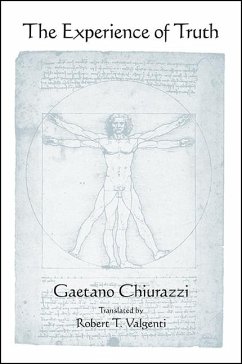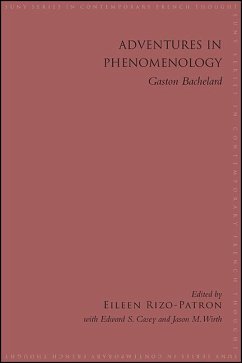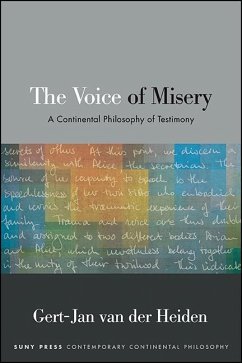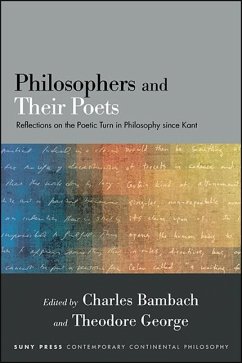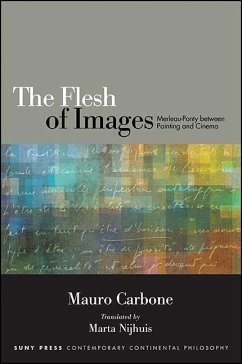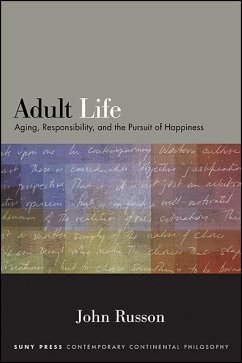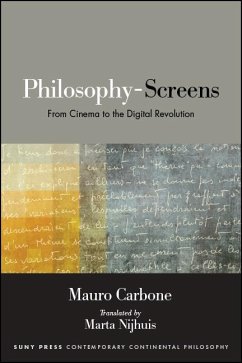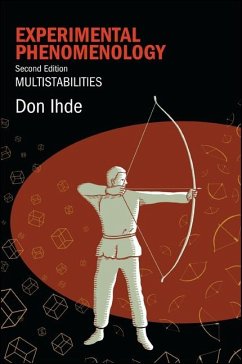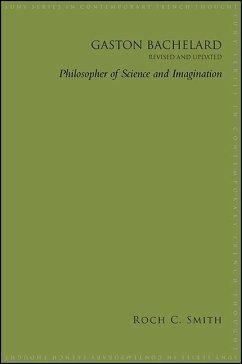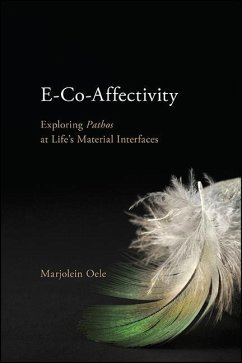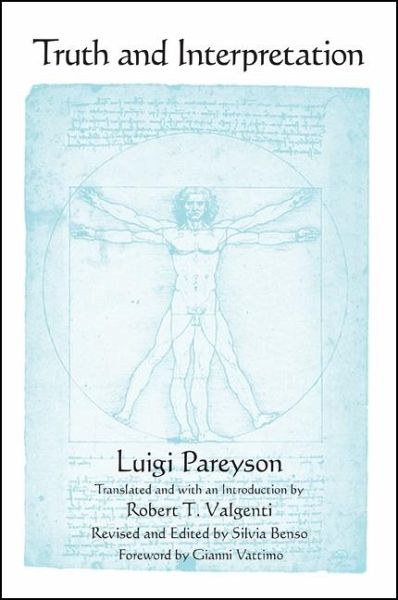
Truth and Interpretation (eBook, ePUB)
Versandkostenfrei!
Sofort per Download lieferbar
25,95 €
inkl. MwSt.
Weitere Ausgaben:

PAYBACK Punkte
13 °P sammeln!
A resolute defense of philosophy and hermeneutics against the threats of dogmatism and relativism.Luigi Pareyson (1918-1991) was one of the most important Italian philosophers to emerge after World War II and stands shoulder to shoulder with fellow hermeneutic thinkers Hans-Georg Gadamer and Paul Ricoeur. The product of a well-developed theory of interpretation that stretches back to the late 1940s, his 1971 masterpiece Truth and Interpretation provides the historical impetus and theoretical framework for the questions of existence, art, and politics that would motivate his most famous student...
A resolute defense of philosophy and hermeneutics against the threats of dogmatism and relativism.
Luigi Pareyson (1918-1991) was one of the most important Italian philosophers to emerge after World War II and stands shoulder to shoulder with fellow hermeneutic thinkers Hans-Georg Gadamer and Paul Ricoeur. The product of a well-developed theory of interpretation that stretches back to the late 1940s, his 1971 masterpiece Truth and Interpretation provides the historical impetus and theoretical framework for the questions of existence, art, and politics that would motivate his most famous students, Umberto Eco and Gianni Vattimo. In a time when the meaning of truth as an interpretation is challenged by the chaotic din of media on the one side and the violent force of absolute claims from science, religion, and political economy on the other, Pareyson's meditation on the value of thinking that is shaped by the traditions of philosophy and yet responds to contemporary demands remains timely and pressing more than forty years after its initial publication.
Luigi Pareyson (1918-1991) was one of the most important Italian philosophers to emerge after World War II and stands shoulder to shoulder with fellow hermeneutic thinkers Hans-Georg Gadamer and Paul Ricoeur. The product of a well-developed theory of interpretation that stretches back to the late 1940s, his 1971 masterpiece Truth and Interpretation provides the historical impetus and theoretical framework for the questions of existence, art, and politics that would motivate his most famous students, Umberto Eco and Gianni Vattimo. In a time when the meaning of truth as an interpretation is challenged by the chaotic din of media on the one side and the violent force of absolute claims from science, religion, and political economy on the other, Pareyson's meditation on the value of thinking that is shaped by the traditions of philosophy and yet responds to contemporary demands remains timely and pressing more than forty years after its initial publication.
Dieser Download kann aus rechtlichen Gründen nur mit Rechnungsadresse in A, D ausgeliefert werden.




